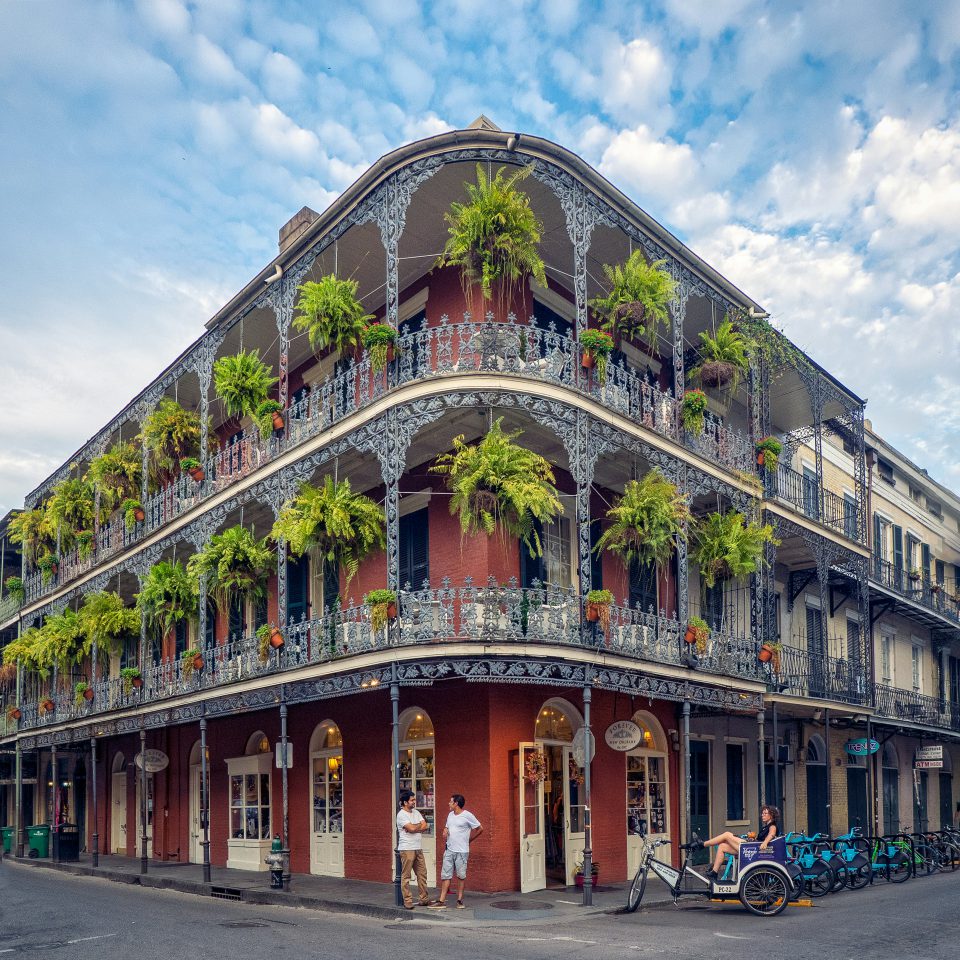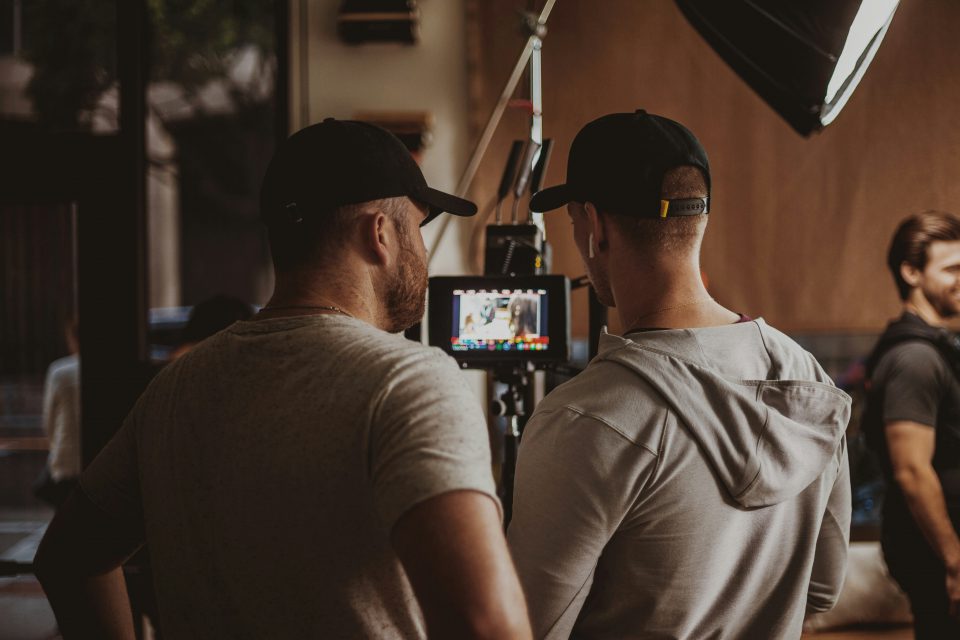Introduction
Securing permits and permissions for film and photo shoots is a crucial aspect of the production process. It ensures legal compliance, avoids penalties, and maintains good relationships with property owners. AVVAY, a company that provides a platform for filmmakers and photographers to find and book suitable filming locations and photo studios, can greatly assist in this process. By visiting avvay.com, professionals can access valuable information and benefit from AVVAY’s services.
Planning a film or photo shoot involves many moving parts, from finding the perfect location to coordinating with crews and talent. However, one aspect that should not be overlooked is obtaining the necessary permits and permissions. This article will provide an in-depth look into the significance of film permits, the types of permits required for different locations, steps to obtain permits, common challenges and solutions in the permit application process, and tips for a successful permit application.
Understanding the Significance of Film Permits
Film permits are official authorizations that grant permission to shoot at specific locations and ensure compliance with local regulations. Obtaining permits is essential for professionals in the film and photography industry. Failure to do so can result in legal consequences, disruptions during shoots, and strained relationships with property owners. By obtaining permits, professionals demonstrate professionalism, respect for local laws, and a commitment to ethical practices.
For example, imagine a filmmaker who wants to shoot a scene on a public street without obtaining a permit. They may face fines or even legal action from the local authorities. Additionally, the lack of a permit may lead to disruptions such as traffic congestion or noise complaints from residents. By obtaining the necessary permits, the filmmaker can ensure a smooth and legally compliant shoot, avoiding any potential problems.
Types of Permits Required for Different Locations
Different shooting locations require different types of permits. When shooting on public property, such as streets, parks, or government buildings, permits are essential. These locations are under the jurisdiction of local authorities, and obtaining a permit ensures that the shoot adheres to any regulations or restrictions in place.
On the other hand, shooting on private property requires permission from the property owner, and in some cases, additional permits or agreements may be necessary. It is important to establish clear communication with the property owner and understand any specific requirements they may have.
Beaches and parks are popular shooting locations, but they often have their own regulations and fees. Specific permits are often required for shooting at these locations, and it is important to be aware of any restrictions or guidelines set by the local authorities.
In certain situations, additional permissions may be required. For example, using a drone for aerial shots, closing a road for a car chase scene, or using special effects may require additional permits or permissions. It is essential to research and understand the specific requirements for these activities to ensure a smooth and legally compliant shoot.
Steps to Obtain Film and Photo Shoot Permits
Obtaining film and photo shoot permits involves several important steps. The first step is thorough research. It is crucial to research incentives, permitting costs, and logistics in different cities to select the most suitable shooting locations. This research will help determine the feasibility of shooting in a particular location and ensure that all necessary permits are obtained.
Once the research is done, location scouting becomes important. Consider hiring a location scout or utilizing platforms like AVVAY to find and evaluate potential locations. A location scout can help identify suitable options based on the project’s requirements and assist in obtaining the necessary permits.
Clear and effective communication is key in obtaining permits. Establishing contact with location owners or relevant authorities is essential to pitch the project and discuss permit requirements. It is important to clearly communicate the scope of the shoot, the duration, and any specific needs or requirements.
After establishing communication, the permit application process begins. This involves completing the necessary permit application forms accurately and providing all required information. It is important to pay attention to detail and ensure that all information is accurate and complete.
Submitting the application within the required timeframe is crucial. Different locations have different processing times, so it is important to allow sufficient time for the permit to be processed. It is advisable to submit the application well in advance of the shoot to avoid any last-minute complications.
Following up with the agency is also important. It is recommended to follow up with the agency to ensure the application is being processed and to address any additional requirements or concerns they may have. This proactive approach will help keep the process on track and increase the chances of obtaining the necessary permits.
Common Challenges and Solutions in the Permit Application Process
The permit application process can present various challenges. One common challenge is limited availability of desired locations due to high demand or specific restrictions. In such cases, working with a location scout or utilizing platforms like AVVAY can help find alternative options. These resources can provide access to a wide range of locations and help identify suitable alternatives based on the project’s requirements.
Another challenge in the permit application process is the complex paperwork involved. Permit application forms may have specific requirements and may require supporting documents such as insurance certificates. Seeking assistance from a permit service like AVVAY offers through their scouting team can simplify the process and ensure accuracy. These services are experienced in navigating the permit application process and can provide guidance and support to ensure that all necessary paperwork is completed correctly.
Community concerns can also arise during the permit application process. Noise or traffic disruptions are common concerns raised by local communities. Addressing these concerns proactively and communicating the measures taken to mitigate them can help secure permits. This can include implementing noise control measures, coordinating with local authorities for traffic management, or adjusting the shoot schedule to minimize disruptions.
Tips for a Successful Permit Application
To increase the chances of a successful permit application, there are several tips to keep in mind. Being proactive is important. Initiating contact with the relevant agency or property owner early in the process demonstrates professionalism and allows sufficient time for the application to be processed. It is advisable to reach out to them well in advance of the shoot to establish communication and discuss the permit requirements.
Paying attention to detail is crucial in the permit application process. Carefully reading and understanding the fine print on the permit application forms will ensure accurate completion. This includes providing all necessary information, such as certificates of insurance if required, to expedite the permit approval process. Providing complete and accurate information will help streamline the application process and avoid delays.
Respecting the shooting location is essential. Treating the location with respect, following proper film set etiquette, and complying with any conditions or guidelines specified in the permit are important practices. This includes cleaning up after the shoot, restoring the location to its original state, and respecting any restrictions or time limitations set by the permit.
Seeking legal advice is also advisable. Consulting a legal expert for guidance on release forms, agreements, and any specific legal requirements related to the shoot will ensure that all necessary legal aspects are taken care of. This can help avoid any legal complications and ensure a smooth and legally compliant shoot.
Conclusion
Securing permits and permissions for film and photo shoots is of utmost importance to ensure legal compliance and maintain positive relationships with property owners. AVVAY serves as a valuable resource for professionals in the industry, offering a platform to find and book suitable filming locations and photo studios. By visiting avvay.com, filmmakers and photographers can access the necessary information and services to make their permit application process smoother and more efficient. By following the steps outlined in this article and utilizing the tips provided, professionals can navigate the permit application process with confidence and ensure a successful shoot.
How can AVVAY help?
If you’re looking for a location, try our nationwide location scouting service or book filming and photo shoot locations yourself on our self-serve marketplace. If you’re interested in listing your property for filming and photo shoots, you can learn more about hosting here.


